Foundations of Regenerative Medicine —— Clinical and Therapeutic Applications
----- 再生医学基本原理
The interdisciplinary field of regenerative medicine holds the promise of repairing and replacing tissues and organs damaged by disease and of developing therapies for previously untreatable conditions, such as diabetes, heart disease, liver disease, and renal failure. Derived from the fields of tissue engineering, cell and developmental biology, biomaterials science, nanotechnology, physics, chemistry, physiology, molecular biology, biochemistry, bioengineering, and surgery, regenerative medicine is one of the most influential topics of biological research today. Derived from the successful Principles of Regenerative Medicine, this volume brings together the latest information on the advances in technology and medicine and the replacement of tissues and organs damaged by disease. Chapters focus on the fundamental principles of regenerative therapies that have crossover with a broad range of disciplines. From the molecular basis to therapeutic applications, this volume is an essential source for students, researchers, and technicians in tissue engineering, stem cells, nuclear transfer (therapeutic cloning), cell, tissue, and organ transplantation, nanotechnology, bioengineering, and medicine to gain a comprehensive understanding of the nature and prospects for this important field. Highlights the fundamentals of regenerative medicine to relate to a variety of related science and technology fields Introductory chapter directly addresses why regenerative medicine is important to a variety of researchers by providing practical examples and references to primary literature Includes new discoveries from leading researchers on restoration of diseased tissues and organs
{{comment.content}}
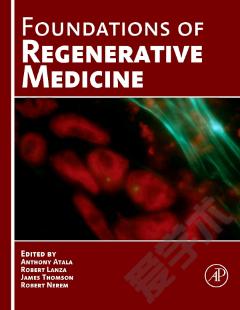

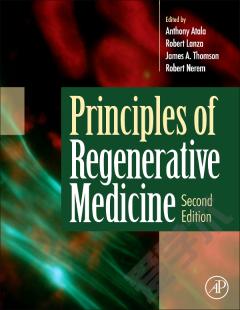
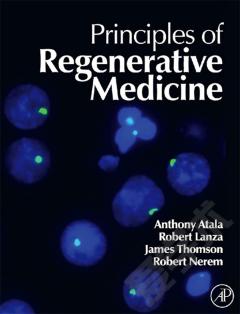
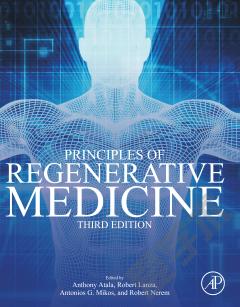
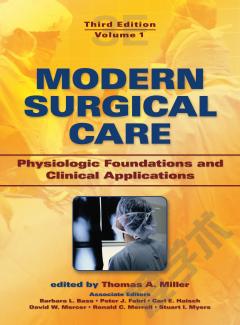


 京公网安备 11010802027623号
京公网安备 11010802027623号